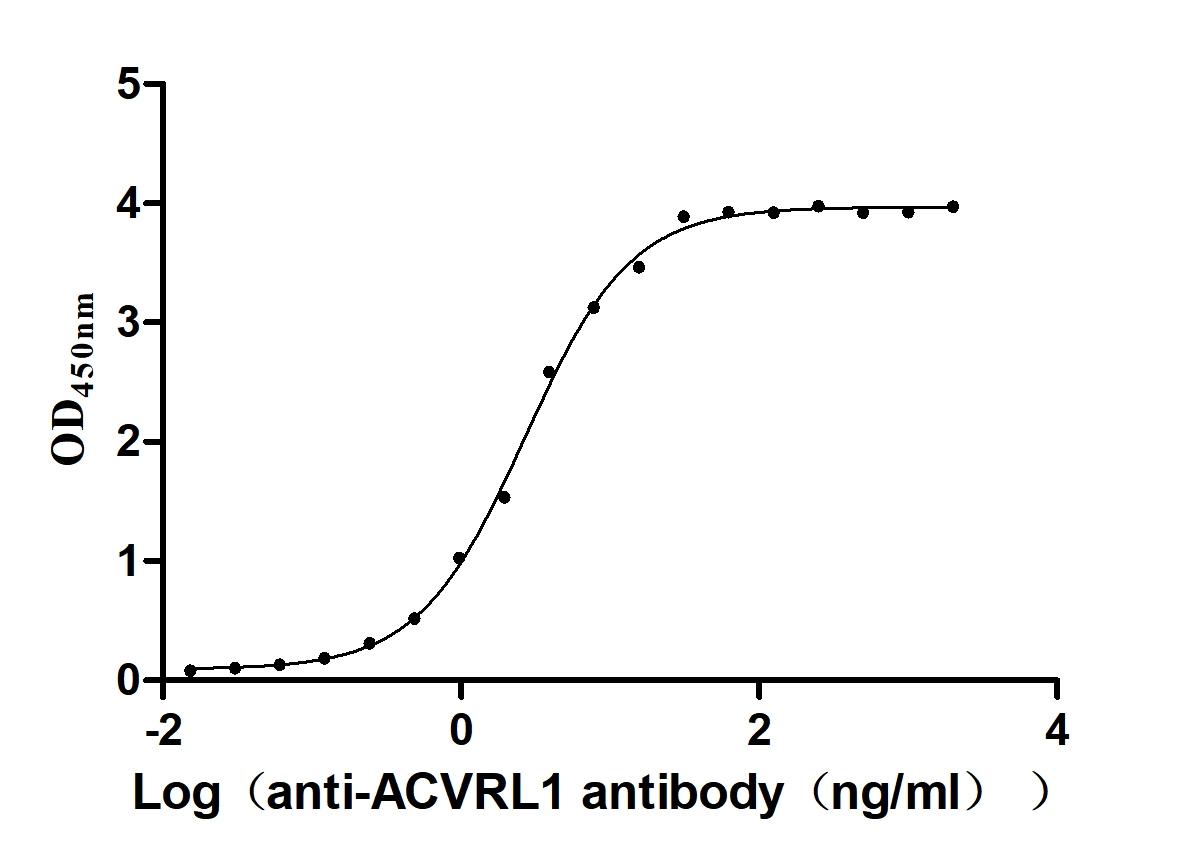Recombinant Human Protein FAM19A5 (FAM19A5)
-
货号:CSB-CF773595HU
-
规格:
-
来源:in vitro E.coli expression system
-
其他:
产品详情
-
基因名:FAM19A5
-
Uniprot No.:
-
别名:TAFA5; FAM19A5; UNQ5208/PRO34524; Chemokine-like protein TAFA-5
-
种属:Homo sapiens (Human)
-
蛋白长度:full length protein
-
表达区域:1-132
-
氨基酸序列MAPSPRTGSRQDATALPSMSSTFWAFMILASLLIAYCSQLAAGTCEIVTLDRDSSQPRRT IARQTARCACRKGQIAGTTRARPACVDARIIKTKQWCDMLPCLEGEGCDLLINRSGWTCT QPGGRIKTTTVS
Note: The complete sequence including tag sequence, target protein sequence and linker sequence could be provided upon request. -
蛋白标签:N-terminal 10xHis-tagged
-
产品提供形式:Liquid or Lyophilized powder
Note: We will preferentially ship the format that we have in stock, however, if you have any special requirement for the format, please remark your requirement when placing the order, we will prepare according to your demand. -
缓冲液:Lyophilized from Tris/PBS-based buffer, 6% Trehalose, pH 8.0
-
储存条件:Store at -20°C/-80°C upon receipt, aliquoting is necessary for mutiple use. Avoid repeated freeze-thaw cycles.
-
保质期:The shelf life is related to many factors, storage state, buffer ingredients, storage temperature and the stability of the protein itself.
Generally, the shelf life of liquid form is 6 months at -20°C/-80°C. The shelf life of lyophilized form is 12 months at -20°C/-80°C. -
货期:Basically, we can dispatch the products out in 1-3 working days after receiving your orders. Delivery time may differ from different purchasing way or location, please kindly consult your local distributors for specific delivery time.Note: All of our proteins are default shipped with normal blue ice packs, if you request to ship with dry ice, please communicate with us in advance and extra fees will be charged.
-
注意事项:Repeated freezing and thawing is not recommended. Store working aliquots at 4°C for up to one week.
-
Datasheet & COA:Please contact us to get it.
相关产品
靶点详情
-
功能:Acts as a chemokine-like protein by regulating cell proliferation and migration through activation of G protein-coupled receptors (GPCRs), such as S1PR2 and FPR2. Stimulates chemotactic migration of macrophages mediated by the MAPK3/ERK1 and AKT1 pathway. Blocks TNFSF11/RANKL-induced osteoclast formation from macrophages by inhibiting up-regulation of osteoclast fusogenic and differentiation genes. Stimulation of macrophage migration and inhibition of osteoclast formation is mediated via GPCR FPR2. Acts as an adipokine by negatively regulating vascular smooth muscle cell (VSMC) proliferation and migration in response to platelet-derived growth factor stimulation via GPCR S1PR2 and G protein GNA12/GNA13-transmitted RHOA signaling. Inhibits injury-induced cell proliferation and neointima formation in the femoral arteries.
-
亚细胞定位:Secreted.
-
蛋白家族:FAM19/TAFA family
-
组织特异性:Expressed in the subcutaneous and perirenal adipose tissue (at protein level). Highly expressed in adipose tissue with moderate expression in the brain and ovary. Isoform 2: Brain-specific.
-
数据库链接:
HGNC: 21592
OMIM: 617499
KEGG: hsa:25817
STRING: 9606.ENSP00000383933
UniGene: Hs.436854
Most popular with customers
-
Recombinant Human Insulin growth factor-like family member 1 (IGFL1) (Active)
Express system: Mammalian cell
Species: Homo sapiens (Human)
-
Recombinant Human C-X-C chemokine receptor type 4 (CXCR4)-VLPs (Active)
Express system: Mammalian cell
Species: Homo sapiens (Human)
-
Recombinant Human C5a anaphylatoxin chemotactic receptor 1 (C5AR1)-VLPs (Active)
Express system: Mammalian cell
Species: Homo sapiens (Human)
-
Recombinant Mouse Transthyretin (Ttr) (Active)
Express system: Mammalian cell
Species: Mus musculus (Mouse)
-
Recombinant Human Claudin-4 (CLDN4)-VLPs (Active)
Express system: Mammalian cell
Species: Homo sapiens (Human)
-
Recombinant Human Dickkopf-related protein 1 (DKK1) (Active)
Express system: Mammalian cell
Species: Homo sapiens (Human)
-
Recombinant Human Serine/threonine-protein kinase receptor R3 (ACVRL1), partial (Active)
Express system: Baculovirus
Species: Homo sapiens (Human)
-
Recombinant Human Cadherin-1(CDH1),partial (Active)
Express system: Mammalian cell
Species: Homo sapiens (Human)


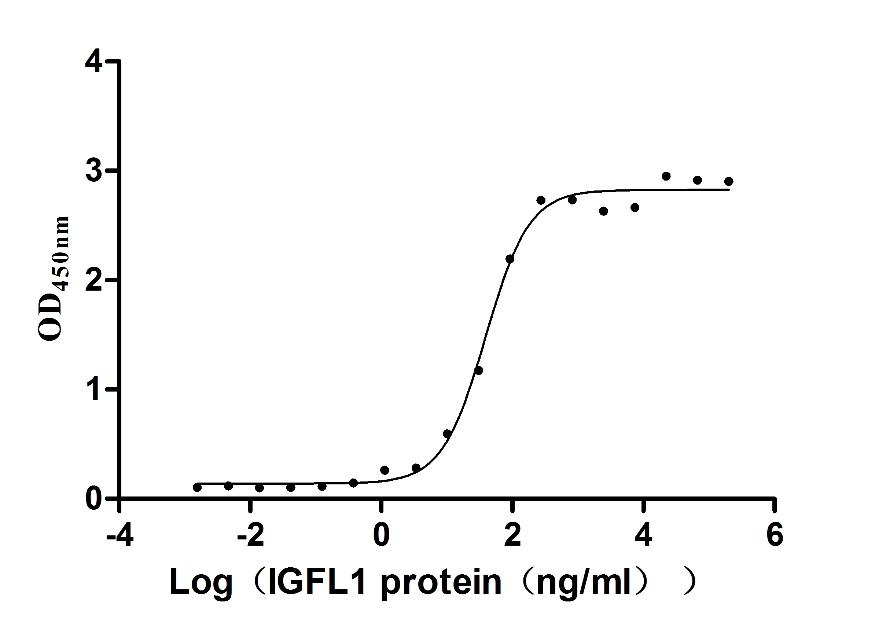
-AC1.jpg)
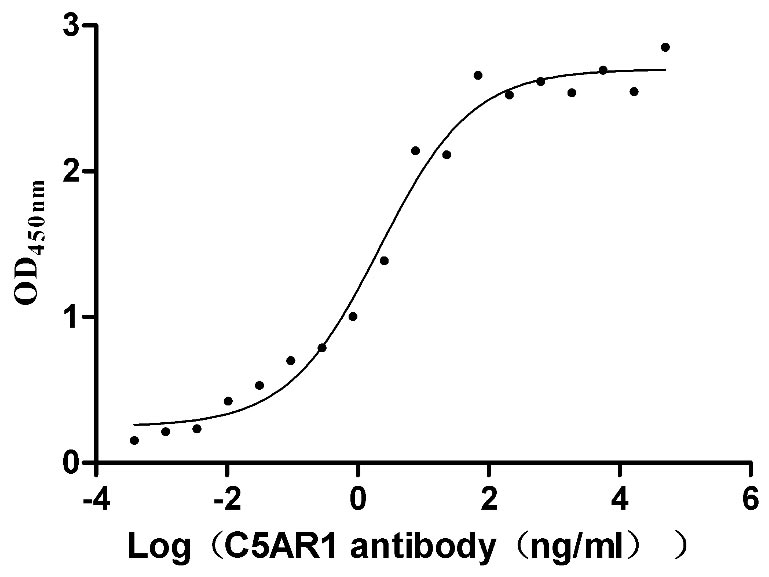
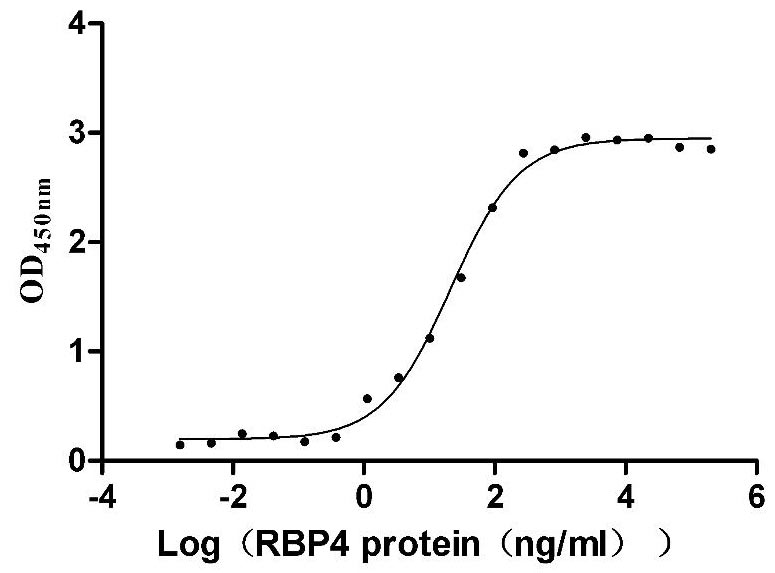
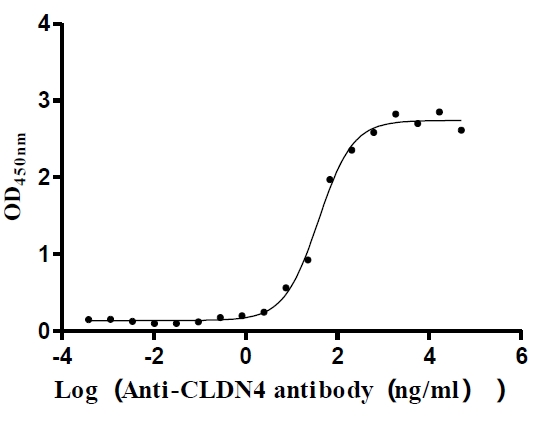
-AC1.jpg)
